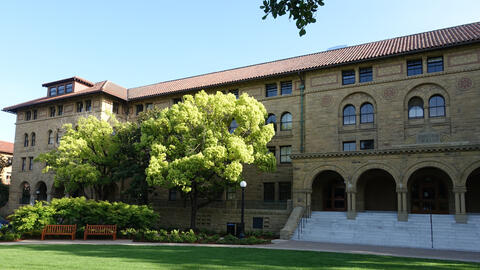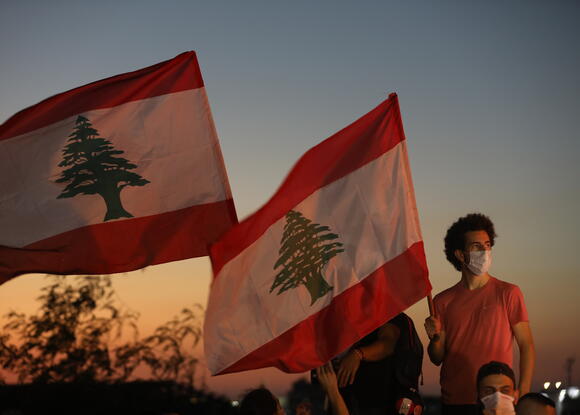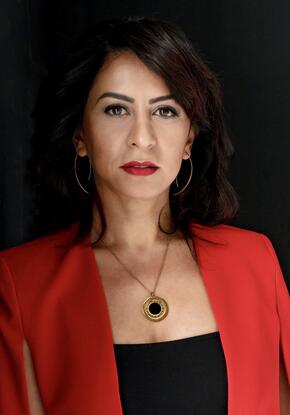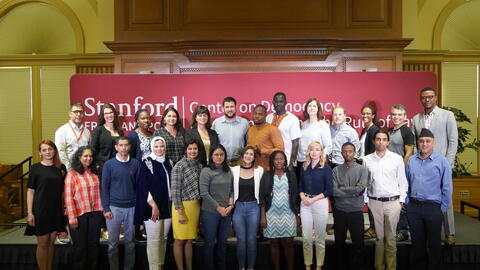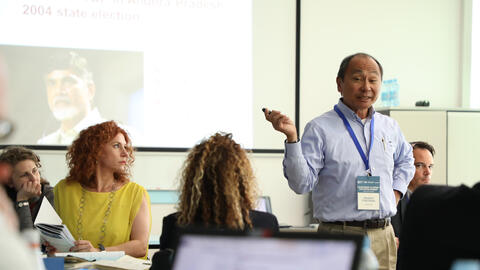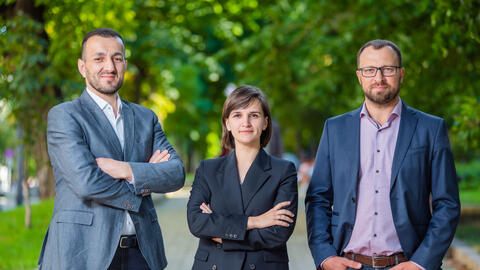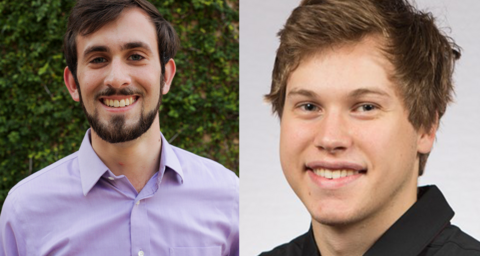CDDRL 2020 Year in Review

The year 2020 was a turbulent one for CDDRL, as it was for millions of people around the globe. It started normally enough with the publication of Larry Diamond’s Ill Winds: Saving democracy from Russian rage, Chinese ambition, and American complacency, and regular meetings of our weekly research seminar. The Poverty and Governance Program began producing a blizzard of research findings from its accumulated years of data collection. Things changed dramatically, however, in March with the shutdown of the university and shift to online meetings and teaching. Both Stanford and the nation saw a dramatic mobilization of people pushing for racial justice after the George Floyd killing in late May, and many of those in and around CDDRL were highly involved in the November 3 election as analysts, commentators, advocates, and of course voters. The pandemic itself became a focus of research for many of our faculty and scholars, since it provided a natural experiment in governance systems.
The health crisis unfortunately forced us to postpone our flagship Draper Hills Summer Fellows program, and moved other programs like the Leadership Academy for Development online. The new class of Ukrainian Emerging Leaders was selected, but were not allowed to come to campus in the fall. Our honors program had to delay its yearly visit to Washington in September, and our pre- and postdocs and visiting scholars unfortunately saw their interactions curtailed.
There were some benefits to the pandemic nonetheless: our weekly seminar, whose attendance was formerly limited by the size of our conference room, was suddenly open to people around the world, a huge number of whom used Zoom to listen to our speakers. And CDDRL was able to add a new program on Global Infrastructure, led by Mike Bennon, to its roster of research activities.
We are looking forward to being able to return to some semblance of normal face-to-face activities in 2021, though our ability to do so will obviously be out of our control. In the meantime, we hope to see you at one of our events online.
Sincerely,
Francis Fukuyama,
Mosbacher Director, CDDRL

Protecting Electoral Integrity in the Digital Age
Democratic consolidation around the world currently faces major challenges. Threats to democracy have become more insidious, especially due to the manipulation of legal and constitutional procedures originally designed to guard democracy against arbitrary action and abuse. Free and fair elections, the cornerstone of democratic legitimacy, are under considerable stress from populism and post-truth movements, who abuse new digital communication technologies to confuse and mislead citizens. Today, free and fair elections, the primary expression of democratic will for collective government, are far from guaranteed in many countries around the world. Protecting them will require a new set of policies and actions from technological platforms, governments, and citizens.
In 2018 the Kofi Annan Foundation tapped four Stanford scholars at FSI to help advance one of its top priorities: to shed light on the rapidly-changing role of technology in elections around the world and to recommend ways of ensuring that digital tools strengthen—not undercut—democracy. To that end, the foundation formed the Kofi Annan Commission on Elections and Democracy in the Digital Age and named Stephen Stedman, a senior fellow at FSI and deputy director of CDDRL, to serve as its secretary general. This report on electoral integrity is the result of the commission's efforts in 2019.
Read more in the report, and watch the full discussion here.
How to Make Love to a Despot: An Alternative Foreign Policy for the Twenty-first Century
In April 2020, Stephen Krasner, a Senior Fellow at Stanford University’s Freeman Spogli Institute for International Studies, published the book "How to Make Love to a Despot". In the book, Krasner suggests that by embracing rational choice institutionalism, the U.S. should be working with the elites the way they are, rather than expecting them to abide by our standards; aiming for not more and not less than “good enough governance.”
"What I suggest in the book is what we should aim for is good enough governance that may turn into consolidated democracy at some point in the future, or it may not. It requires luck for that to happen, not just having the right conditions. But at least we wouldn't be inhibiting consolidated democracy from ultimately emerging," Krasner states. CDDRL interviewed him on his book, and you can read the discussion in full here.
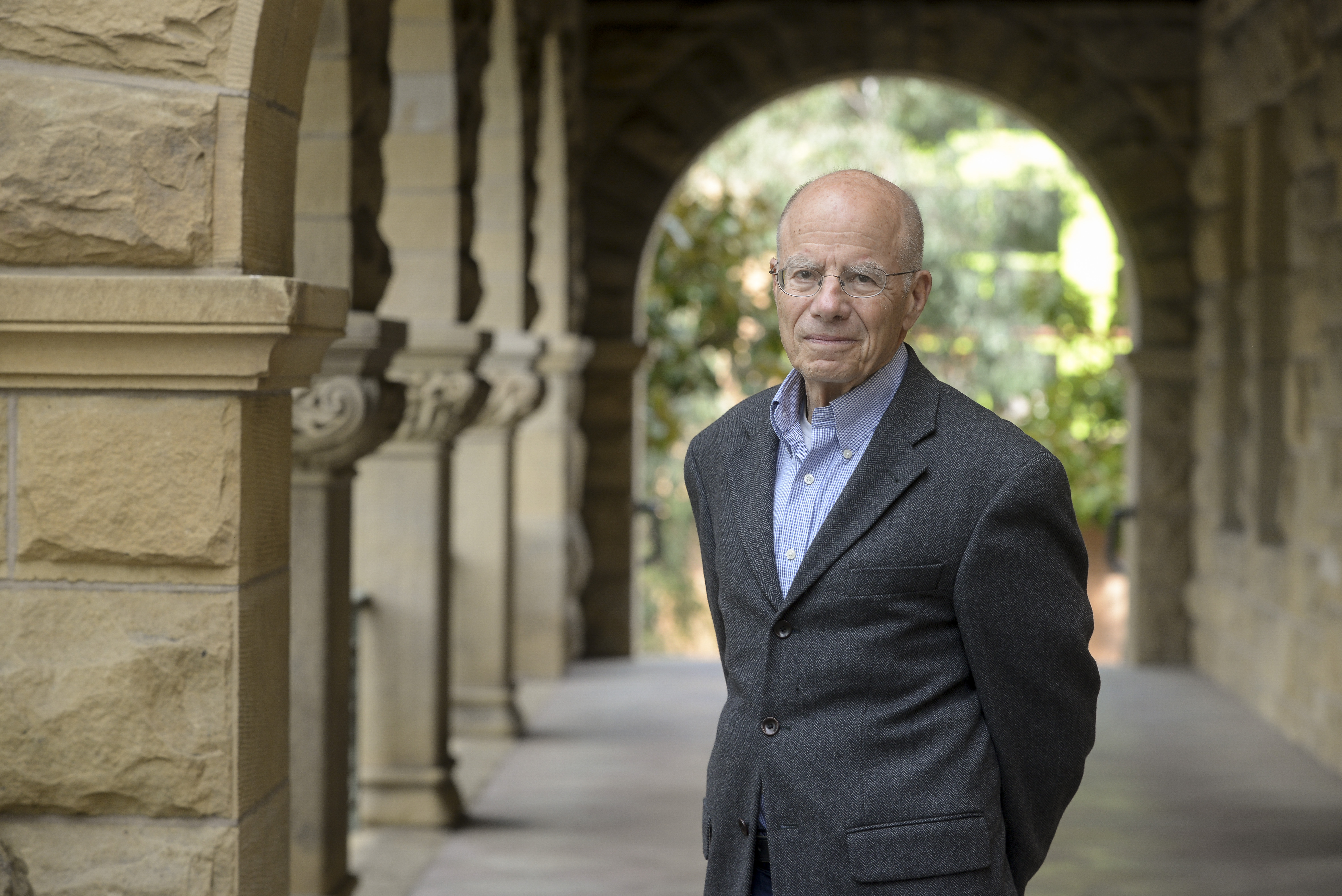
The 2020 Elections
The Program on American Democracy in Comparative Perspective aims to investigate problems with American democracy, including polarization and gridlock, poor governance, and declining trust in government institutions. This year the Program shifted its focus to covering the 2020 elections, with analysis on the existential threats to the democratic process, public policy and election infrastructure.
This work culminated in "The Historic 2020 Elections" event on November 5. Bruce Cain, Hakeem Jefferson, Didi Kuo and Nathaniel Persily discussed the election results (or election challenges), Trump and Biden, key Congressional races, and what to expect between November and Inauguration Day.
For more on the Program see HERE.
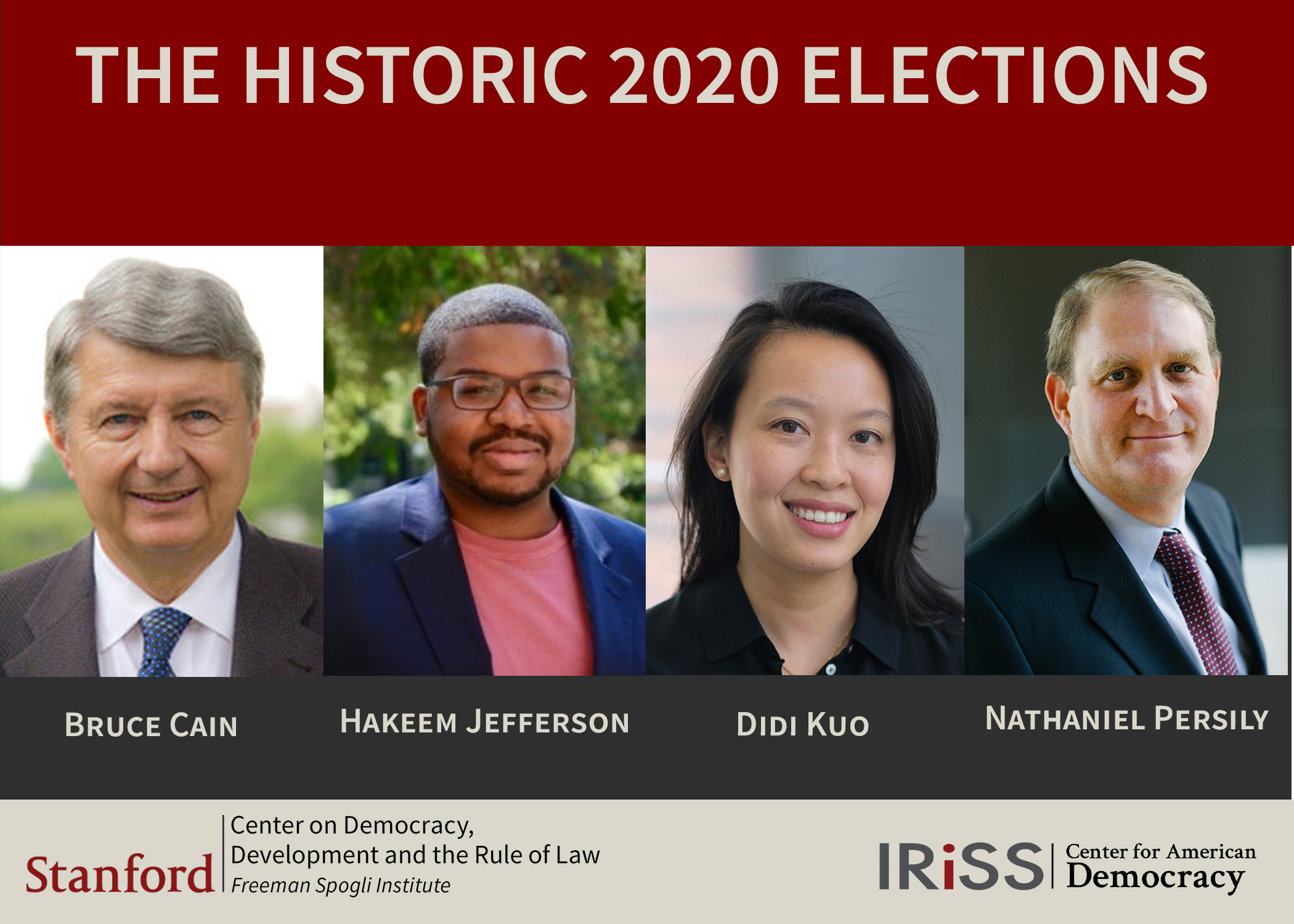
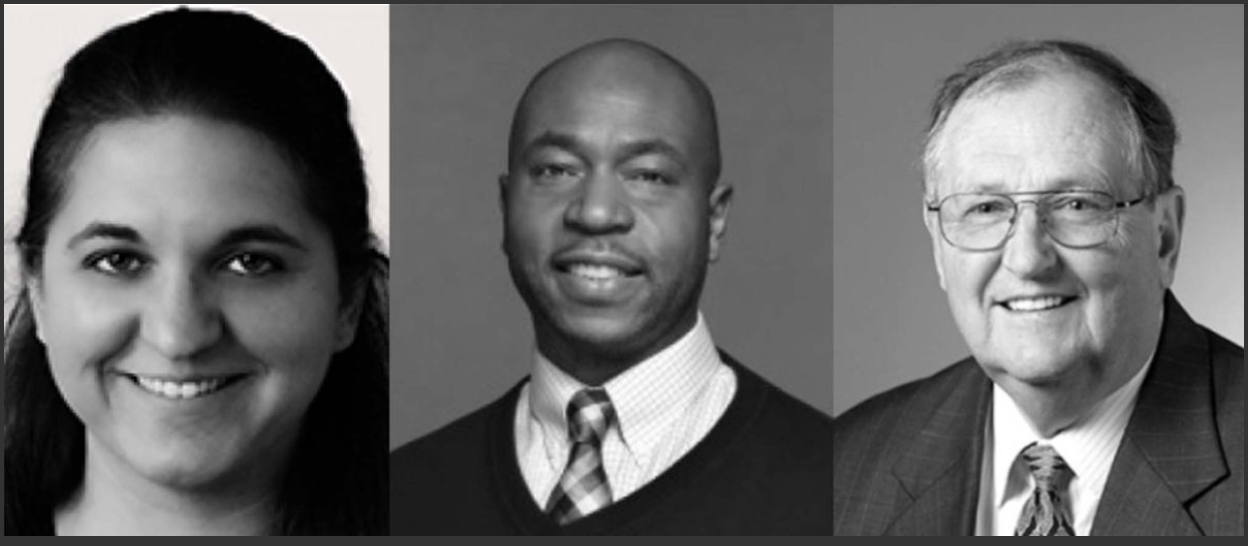

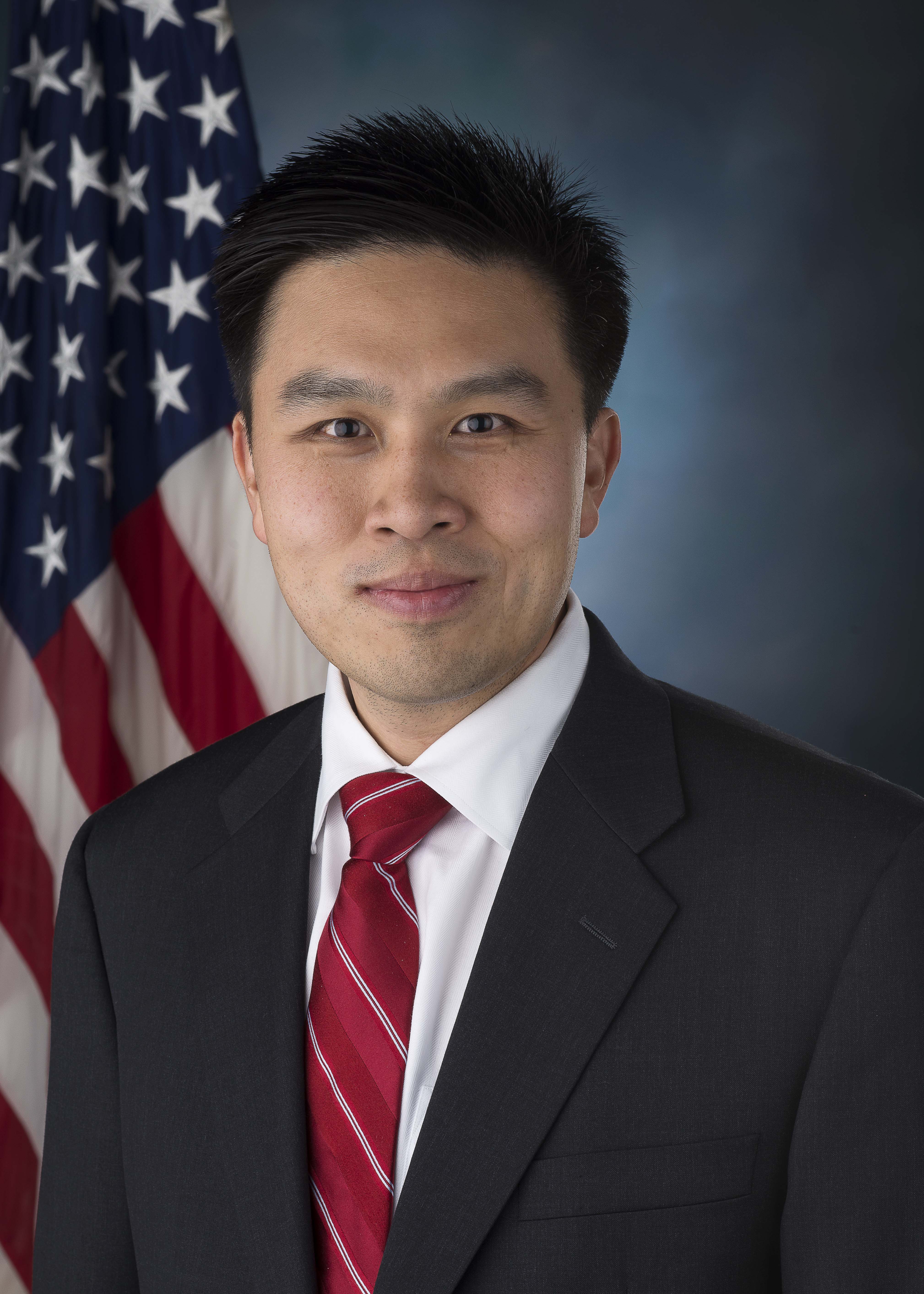
More Coverage of the 2020 Elections
ARAB REFORM AND DEMOCRACY PROGRAM
The Program on Arab Reform and Democracy (ARD) continued to serve an important forum for examining cutting-edge research on political and social development in the Arab world. Notwithstanding the limitations imposed by the COVID-19 pandemic, the ARD seminar series shifted to an online format and expanded its outreach remarkably. It hosted a number of timely seminars discussing the impact of COVID-19 on the politics and societies of the region. Bard College Historian Ziad Abu-Rish analyzed the trajectory of Lebanon's Uprising and the impact of the COVID-19 crisis on the contemporary political scene. CDDRL Visiting Scholar Nancy Okail examined authoritarianism responses to the Covid-19 crisis with a focus on Egypt. George Washington University Political Scientist Nathan Brown and CDDRL Senior Scholar Amr Hamzawy presented their co-authored research on the impact of the pandemic on the Egyptian bureaucracy.
This year, the ARD seminar series featured discussions on new, innovative research, including AUC Political Scientist Amr Adly’s book on the failure of market-making in Egypt, and Harvard University Historian Rosie Bsheer’s recently published book on the politics of histories in Saudi Arabia. The series also examined a variety of salient policy questions, including ones related to the state of US democracy promotion in the Middle East, and the emergence of an exclusionary, repressive “peace” in Syria.
THE GOVERNANCE PROJECT
POVERTY, VIOLENCE AND GOVERNANCE LAB
As violence spirals upward in Latin America and inequality continues to prevail, investigating the problem and shaping public impact remains an urgent and compelling priority among social scientists focused on the region. To carry out the Lab’s mission of developing methodologically-innovative, evidence-based research, we partner with government agencies and police, public policy and civil society organizations, and a network of academic researchers to produce and disseminate new knowledge on the causes and consequences of poverty, violence and poor governance. The Lab sustained an active year of research activities, publishing and other research products, and teaching and training coursework and mentorship.
Read the Lab's full end of the year review here.

The LNC alumni network continued to grow in 2020, now boasting over 1,700 mid-career public policy reformers as alumni. We moved most of our group interactions online this year, with social gatherings, panel presentations and discussions on timely topics drawing engagement from all regions represented. Highlights include an alumni helmed discussion on local experiences during the early stages of the COVID-19 pandemic and a panel on trust in government presented in partnership with the Delivery Institute. LNC alumni can also look forward to more virtual events, opportunities to collaborate on small network projects, and the introduction of a new website in the coming year.

-
Each year the Center on Democracy, Development and the Rule of Law invites several pre and/or postdoctoral scholars to Stanford. Our fellows work in any of the three program areas of democracy, development, and rule of law. Over the course of the academic year, scholars use their fellowship to complete their projects, participate in seminars, and interact with each other and the resident faculty and research staff.
This year we are very excited to have Nathan Grubman, Salma Mousa, and Leah Rosenzweig with us at the Center. We talked to them about their research interests, what they're working on while at Stanford, and why they chose to come to CDDRL. Read more and hear from them here.
Postdoctoral Research
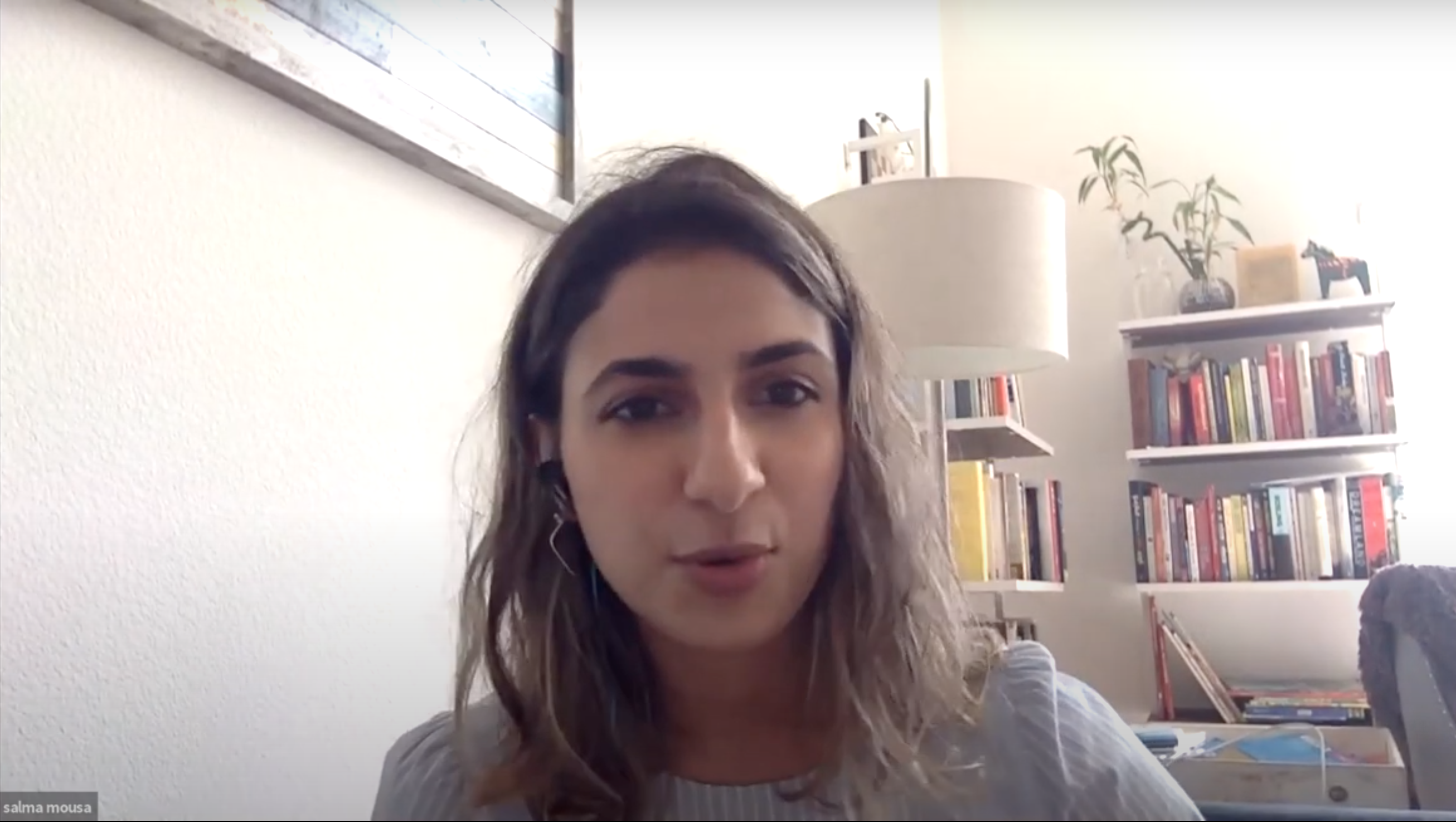
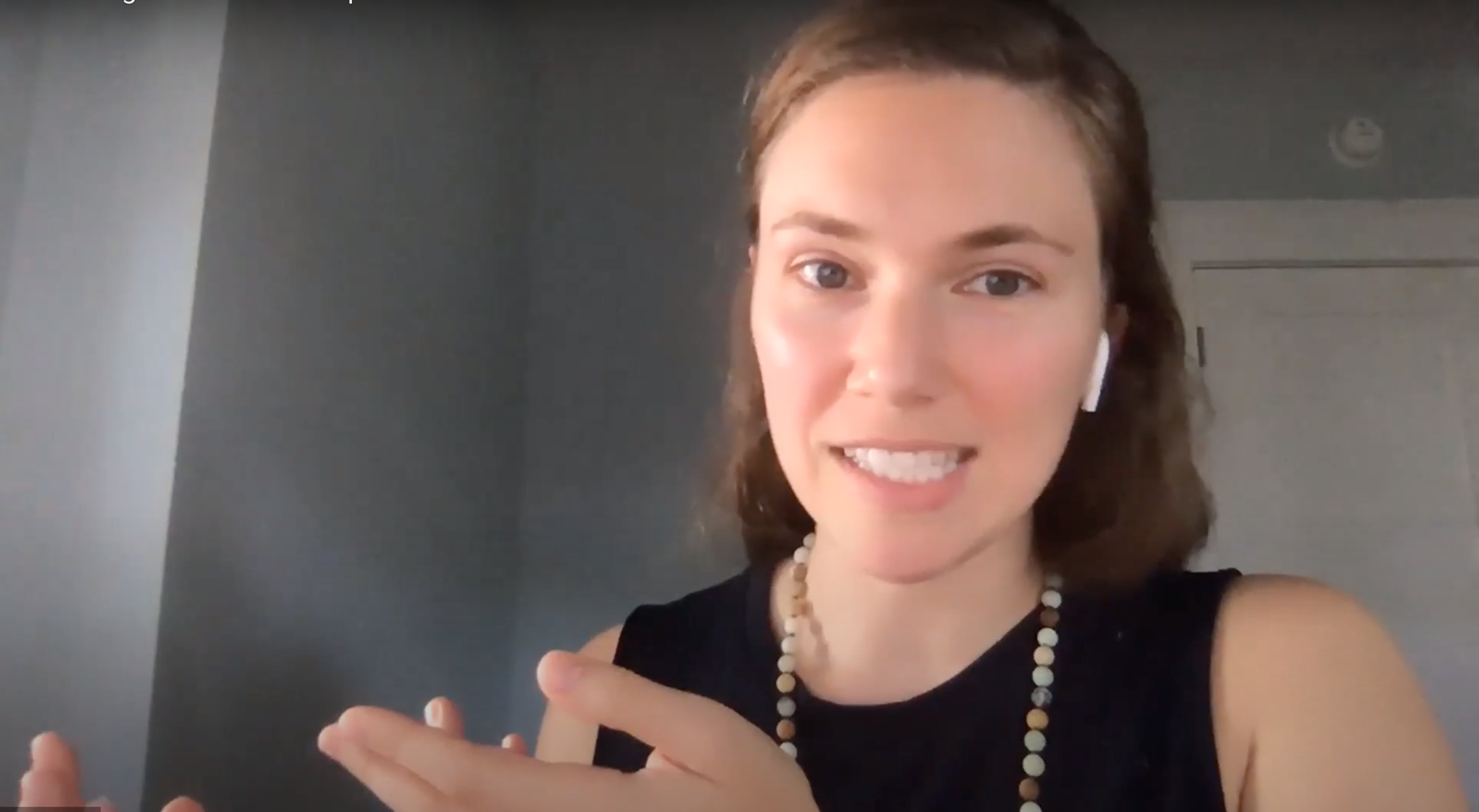
Eleven students from six disciplines graduated from the CDDRL Honors Program in 2020. Among them, five were inducted into Phi Beta Kappa and two won awards for their thesis work.
Bryce Tuttle's thesis, "Laboratories of Secrecy: Why some states have sold their sovereignty to criminals and kleptocrats" received the CDDRL Award for Outstanding Thesis 2020
Nick Kingsley's Thesis, "African Autocrats and Progressive Refugee Governance: Motivating and Evaluating the Illiberal Paradox in African Asylum Policy Through a Case Study of Uganda" received a Firestone Medal, given to the top 10% of all honors theses.

